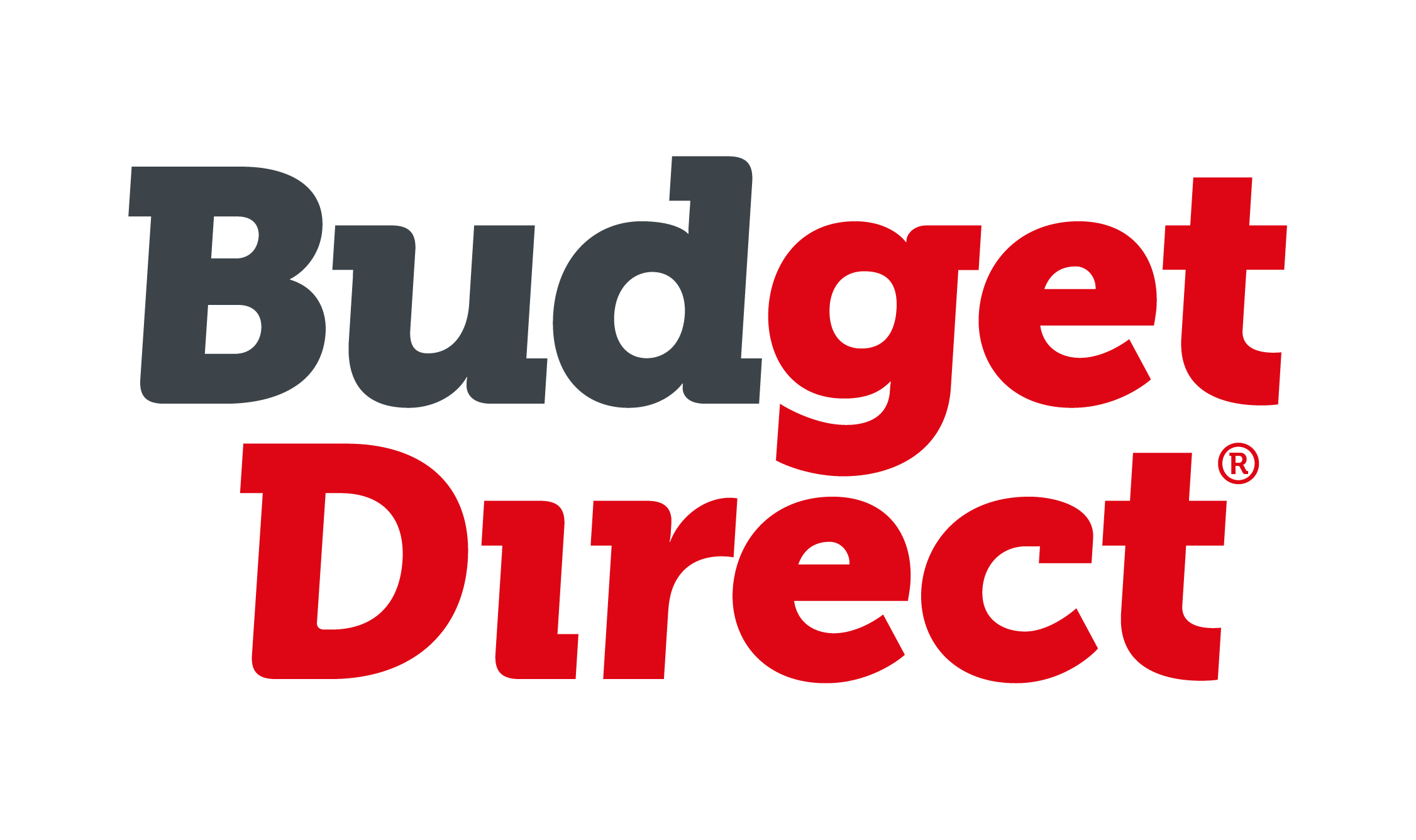
Budget Direct Landlord Home & Contents Insurance
- One of the cheapest insurers in Australia
- 30% off your first year's premiums when you buy a combined policy online
- Good customer service and few complaints

Budget Direct Landlord Home & Contents Insurance

QBE Landlord Home & Contents Insurance

Qantas Landlord Home and Contents Insurance
As a landlord, you want to protect your most important asset. If anything ever went wrong at your investment property the dollar signs start adding up. Landlord insurance will protect you from damage to your property, defaults on your rent and many other things outlined in the policy.
It makes sense to get the best landlord insurance because you don't want to risk losing income on your investment property.
To help you find the best option for your needs, our insurance experts selected policies based on factors such as cost, popularity, benefits and inclusions. We looked at 16 landlord insurance brands, analysed over 35 benefits and looked through each provider's product disclosure statements to see exactly what is and isn't covered.
Remember, there's no single best landlord insurance policy that suits everyone, since each of our needs are slightly different depending on the property we own, but we can help narrow down your options.
There are 3 types of landlord insurance. The one you need depends on the property you own and whether or not it is furnished:

This covers loss or damage to the building itself. It's probably best if you own a freestanding house that is unfurnished.

This covers damage to the items you keep at the property. It's best for people who own a furnished strata property such as an apartment, which strata insurance may cover.

This protects the building and your items (not the tenants). It's suited to property owners with furnished houses (e.g. white goods, curtains, carpets).
If you're still looking for a policy, these 3 questions could help narrow down your search:
Home insurance is essentially what it says on the box. Insurance to cover your home in the event of something going wrong at home. Landlord insurance works in a similar way as home insurance but includes extra things to cover a rental property. Depending on what policy you choose you'll be able to claim for things like damage to your property, types of water damage, lost rent or even tenancy default. You can also add in optional covers for appliances you furnish the property with. Remember to check the policy PDS for a list of inclusions and exclusions before you sign up.
These are our top landlord insurance picks but there are other policies out there. You can use our table below to compare all the landlord insurance policies available on Finder.
We currently don't have that product, but here are others to consider:
How we picked theseFinder Score assesses more than 40 home and contents landlord insurance products for their price and features, assigning each product a score out of 10.



Find out why Qantas landlord insurance could be a good fit for your rental property.
Read our break down of CBA landlord insurance.
Find out if RAA landlord insurance has a policy that’s right for you.
Find out how to get short term rental and Airbnb insurance
Your guide to Apia Landlord Insurance.
Your guide to Coles Landlord Insurance.
Our quick breakdown of NRMA Landlord Insurance.
Find out if Allianz Landlord Insurance is right for you with our review.
How does Kogan landlord insurance compare? See how it works, and some of the fine print to look out for.
Do any landlord insurance policies provide public liability cover for claims from tenants or contractors relating to alleged asbestos exposure
Hi Errol, Asbestos cover is a complex issue and if you wanted coverage for this, it might make sense to work with a specialist broker. Note that many basic landlord insurance policies don’t include public liability.
Can you please let me landlord insurers that will insure your property that don’t require a current tenancy agreement in Victoria?
Hi Marcus, Without a tenancy agreement of some sort, many insurers will be relucant to offer landlord insurance, since there won’t be clear evidence of how much income is at stake in the event that a claim needs to be made. If it’s for a property which is newly listed, evidence of promoting the property for rent online or via an agent would be relevant, but those details would need to be updated once an actual tenant was in place. Hope this helps.
Is there any Landlord Insurance which covers the scenario where a tenant sublets her residential rental when she goes on holidays, eg 2 months in France. She has not responded to request to answer if she is/is not doing so but the “visitor” has just confirmed she is paying the tenant to stay. This is in NSW.
Hi Cheryl,
This depends on which insurer you are with and what the specifics of your policy us. Many landlord insurers require a property manager to be professionally letting the property as part of the policy eligibility as this minimises their risk of something going wrong, so if this is a clause in your policy, it could cause some issues. I would recommend you contact your insurer to double check what applies in your situation.
Best of luck!